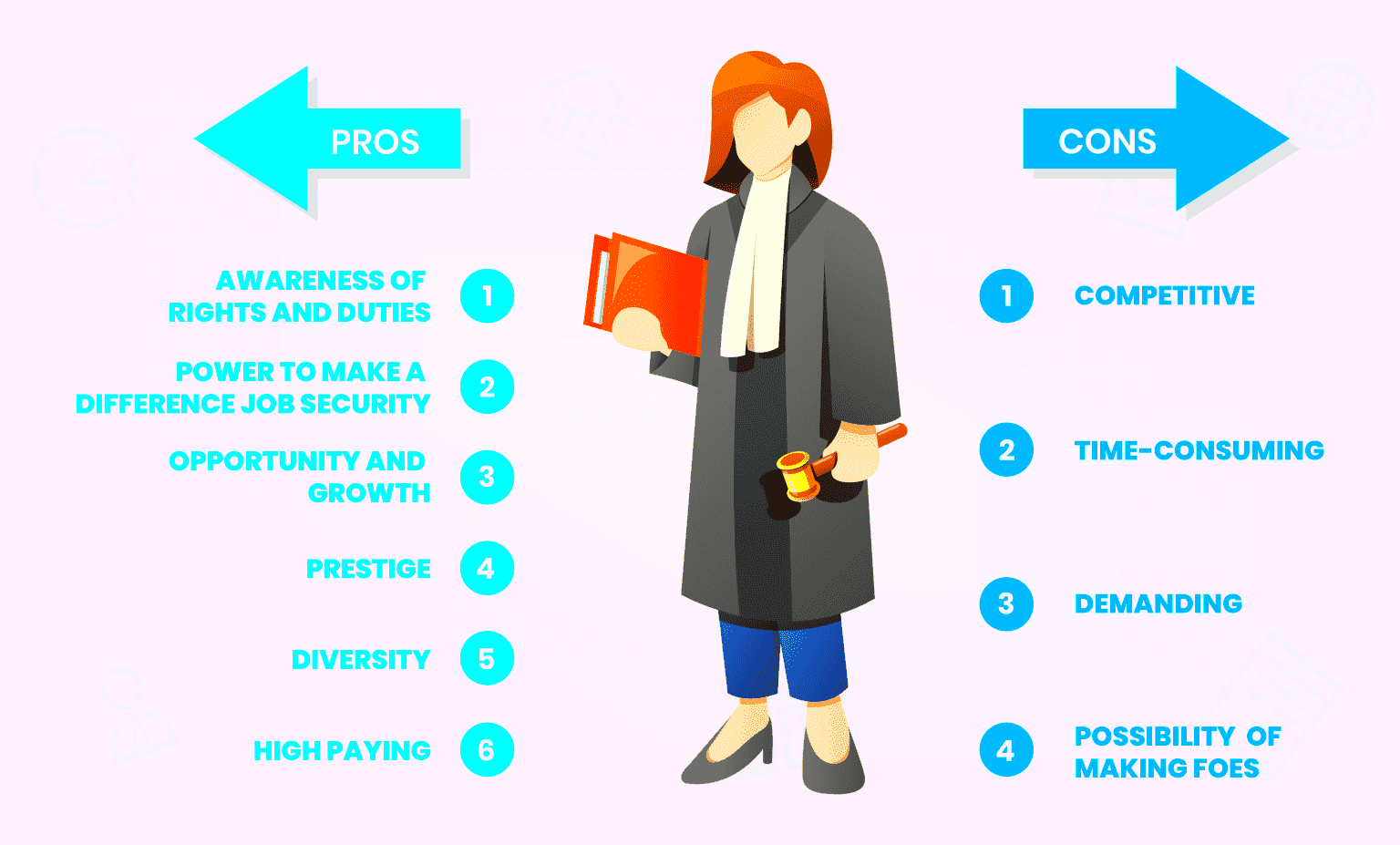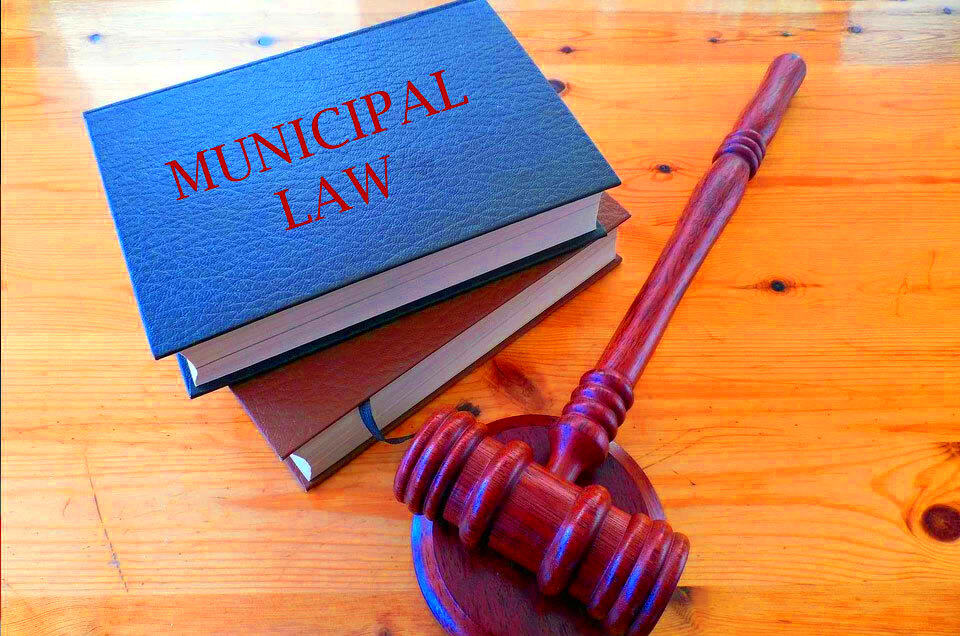Top Jobs in Municipal Law and How to Get Started
Municipal law refers to the body of laws that govern local government entities. It plays a crucial role in maintaining order, providing essential services, and ensuring the well-being of communities. Municipal law covers a wide range of areas, including zoning, land use, public safety, and local taxation. By understanding
The importance of municipal law cannot be overstated. It helps in:
- Creating Local Ordinances: Municipal law allows local governments to enact ordinances that meet the specific needs of their communities.
- Regulating Land Use: It ensures responsible development and land use, balancing growth with environmental sustainability.
- Providing Public Services: Municipal law governs the delivery of essential services such as water, waste management, and public safety.
- Protecting Rights: It safeguards citizens’ rights against potential abuses by local authorities.
Types of Jobs in Municipal Law

Careers in municipal law are diverse and can cater to various interests and skill sets. Here are some common types of jobs available in this field:
- Municipal Attorney: Represents local governments in legal matters, advises on regulations, and handles litigation.
- City Planner: Works on land use planning, zoning regulations, and community development projects.
- Public Affairs Specialist: Manages communication between the municipality and its citizens, often dealing with public relations.
- Regulatory Compliance Officer: Ensures that local laws and regulations are followed by businesses and public entities.
- Code Enforcement Officer: Enforces building codes, zoning laws, and safety regulations within the municipality.
Required Education and Qualifications

Pursuing a career in municipal law requires specific educational qualifications and skills. Here’s a breakdown of what you typically need:
- Education: A bachelor’s degree in political science, public administration, or a related field is often required. A Juris Doctor (JD) degree is essential for attorneys.
- Licensing: For lawyers, passing the bar exam in the relevant jurisdiction is mandatory.
- Internships: Gaining practical experience through internships in local government agencies or law firms can be invaluable.
- Certifications: Some positions may require additional certifications, such as land use planning or public administration.
Moreover, strong analytical skills, excellent communication abilities, and a good understanding of local government processes are vital for success in this field.
Skills Needed for a Career in Municipal Law

When considering a career in municipal law, it’s important to develop a specific set of skills that will help you succeed. Municipal law involves not just understanding the legal framework but also applying it effectively in real-world scenarios. Here are some key skills you’ll need:
- Analytical Thinking: Being able to analyze complex legal documents and cases is essential. You need to understand how laws apply to specific situations and how they can affect the community.
- Communication Skills: Whether you’re drafting legal documents, negotiating, or speaking in public, strong verbal and written communication skills are a must. You’ll often have to explain legal concepts to non-lawyers.
- Negotiation Skills: Many municipal law issues require negotiation between parties, be it during settlements, public hearings, or community meetings. Being able to find common ground is crucial.
- Attention to Detail: Small details can make a big difference in legal cases. Paying close attention ensures that all aspects of a law or regulation are considered and applied correctly.
- Problem-Solving Abilities: Municipal lawyers often face unique challenges that require creative solutions. Being able to think on your feet and develop practical solutions is a valuable skill.
Networking and Building Connections

Networking is an invaluable aspect of building a successful career in municipal law. Establishing connections can open doors to job opportunities, mentorship, and collaborations. Here are some effective strategies for networking:
- Attend Local Government Meetings: Participating in town hall meetings or city council sessions can help you meet professionals in your area.
- Join Professional Associations: Organizations like the American Bar Association (ABA) and local bar associations offer networking events and resources.
- Utilize Social Media: Platforms like LinkedIn are great for connecting with other legal professionals. Share your insights and engage in discussions related to municipal law.
- Volunteer for Community Events: Getting involved in local community events or nonprofits can help you meet influential individuals and show your commitment to public service.
- Attend Workshops and Seminars: Educational events are excellent opportunities to meet peers and experts in the field.
Building genuine relationships can provide long-term benefits, so invest time in nurturing these connections.
Internships and Practical Experience
Internships and practical experience are essential for anyone looking to break into municipal law. They not only provide valuable hands-on learning opportunities but also enhance your resume. Here’s how you can gain practical experience:
- Intern with Local Government: Many municipalities offer internships in legal departments. This is a great way to understand how local government functions and the types of legal issues they handle.
- Law Firm Internships: Consider internships at law firms that specialize in municipal law or public interest law. This will give you insight into legal practices and client interactions.
- Clerkships: Some law schools offer clerkships with local courts. This experience can deepen your understanding of the judicial process related to municipal law.
- Volunteering: Volunteering for legal aid organizations or community service projects can provide exposure to the types of issues faced in municipal law.
- Networking During Internships: Make connections during your internships. The people you meet may become invaluable contacts in your future career.
Engaging in internships not only builds your skills but also allows you to test different areas of municipal law to find your niche.
Applying for Jobs in Municipal Law
When you’re ready to dive into the job market in municipal law, understanding the application process is crucial. It can be competitive, so having a well-structured approach will help you stand out. Here are some steps to follow when applying for jobs in this field:
- Research Job Openings: Start by looking for openings on government websites, law firm job boards, and legal job platforms. Make a list of positions that interest you.
- Tailor Your Resume: Customize your resume for each application. Highlight relevant experience, education, and skills that match the job description. Use keywords from the job posting to pass through applicant tracking systems.
- Write a Strong Cover Letter: Your cover letter should explain why you’re interested in the position and how your background makes you a great fit. Be specific and genuine in your approach.
- Prepare for Interviews: If you get called for an interview, research the organization and its legal challenges. Practice common interview questions and be ready to discuss your experience in detail.
- Follow Up: After your interview, send a thank-you email expressing your appreciation for the opportunity. This can help you leave a lasting impression.
Remember, persistence is key. Don’t get discouraged by rejections; keep refining your approach and applying to new opportunities.
Frequently Asked Questions
As you embark on your journey in municipal law, you might have some questions. Here are some common ones along with their answers:
- What qualifications do I need to work in municipal law? You typically need a bachelor’s degree, followed by a Juris Doctor (JD) if you wish to practice as a lawyer. Additional experience and internships are beneficial.
- Is it necessary to pass the bar exam? Yes, if you plan to practice law, passing the bar exam in your state is essential.
- How can I gain experience in municipal law? Look for internships, volunteer opportunities, and part-time positions within local government or law firms that focus on municipal law.
- What is the salary range for jobs in municipal law? Salaries can vary widely depending on the position and location. Entry-level roles may start around $50,000, while experienced attorneys can earn significantly more.
- Can I work in municipal law without a law degree? Yes, positions such as city planners or regulatory compliance officers may not require a law degree, but having one can enhance your prospects.
Conclusion and Next Steps
Starting a career in municipal law can be rewarding and fulfilling, allowing you to make a real difference in your community. As you move forward, keep these key takeaways in mind:
- Stay Informed: Keep up with changes in local laws and regulations. Understanding current issues will make you a more effective advocate.
- Continue Learning: Consider pursuing additional certifications or attending workshops to enhance your skills and knowledge.
- Network: Building relationships with professionals in the field is invaluable. Attend events, engage with peers, and seek mentors.
- Seek Experience: Actively look for internships or volunteer opportunities to gain practical experience.
Your journey in municipal law may have its challenges, but with the right preparation and mindset, you can thrive in this dynamic field. Take the first steps today, and you’ll be well on your way to a successful career!


